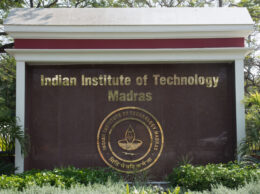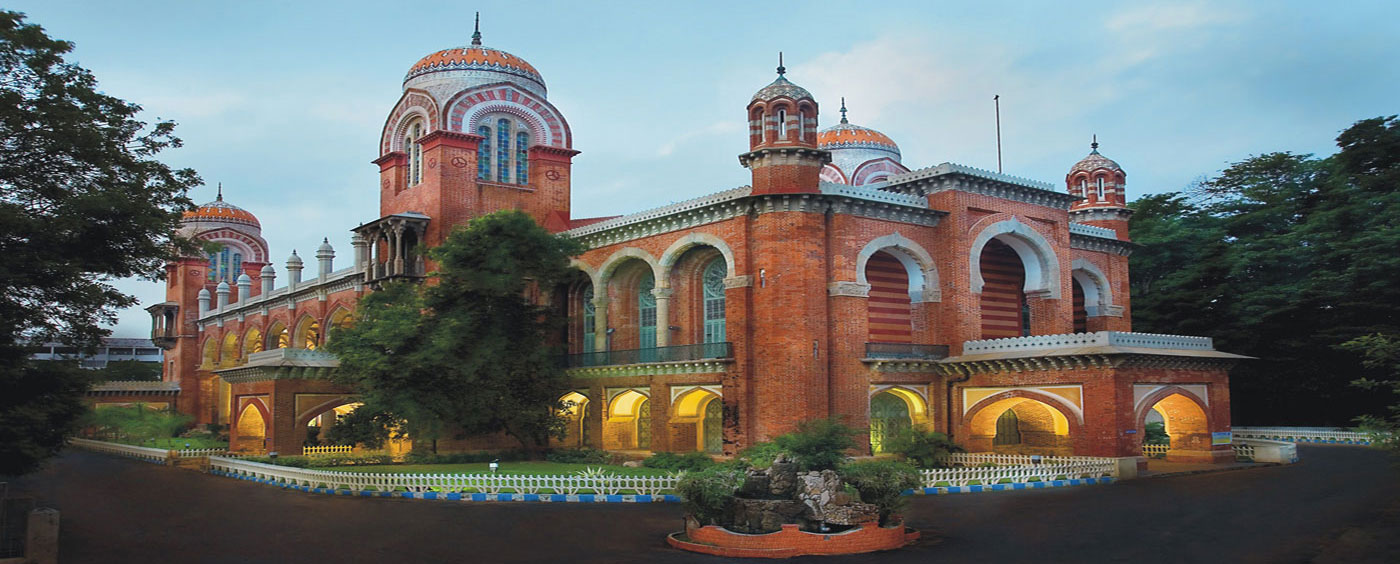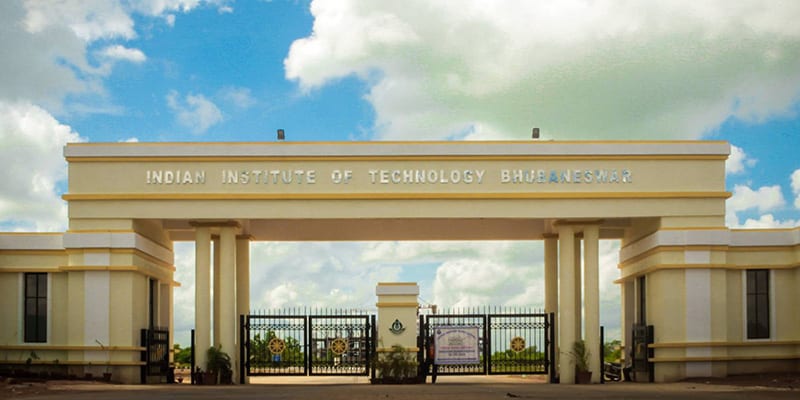CHENNAI:Indian Institute ofTechnology Madras is joining hands with the Rural Technology Action Groups (RuTAG) of six other IITs to organize a three-day International Conference on ‘Rural Technology Development and Delivery’with the objective of attracting more mainstream research in rural technologies.
Itis bringing RuTAG teams, faculty and students from IITs in addition to organizations working in related fields to discuss achievements, difficulties and the way forward.
RuTAGis an initiative conceptualized and supported by the Office of the Principal Scientific Adviser to the Government of India as a mechanism to provide a high demand-driven Science and Technology interventions for rural areas through IITs and other technical institutions. RuTAGcenters have been established at seven IITs (Madras, Guwahati, Kharagpur, Delhi, Roorkee, Bombay, and Kanpur).
In his inaugural address today (12th March 2020), Prof. Bhaskar Ramamurthi, Director, IIT Madras, said, “This conference is an attempt to devise innovative approaches in technology that can yield sustainable solutions to rural problems and contribute to a better quality of living. Rural Technology is a very interesting area. I commend all of you working on this area as you won’t find such interesting problems in conventional areas. A major difference for researchers working in rural technologies is that the problem statements will come from environments that are alien to most researchers.”
Further Prof. Bhaskar Ramamurthi said, “The bulk of the people who take up a problem statement in rural technologies are not from rural India and hence have difficulty in factoring in aspects other than science and technology. That part of the challenge – understanding the constraints under which the solutions must work in Rural India such as Financial, infrastructural and others are also important. Yet, in the next few years, the opportunities are going to be higher as awareness has been increasing across India. I want you all to work more with the users in partnership mode to get continuous inputs on what will work and won’t work.”
Over 150 participants including Researchers, Policymakers and Industry partners are participating in this conference.The event, through paper presentations and speaker discussions, focuses on ‘Dissemination and Scaling of Rural Innovations’ and is exploringthe possibility of attracting funding throughGovernment schemes and CSR grants, among other options.
Highlighting the unique aspects of this event, Prof. Abhijit Deshpande, Faculty In-charge, RuTAG, IIT Madras, said,“The conference aims to look at best practices in the field of rural technology development and delivery. The idea behind setting up RuTAGcenters in IITs is to create action groups that can bridge the gap between needs identified for rural livelihoods and academicians as solution providers. It has been 15 years since we set up the RuTAG centre at IIT Madras and we have spearheaded 60-odd projects in different areas so far, out of which for around 20 projects, we have developed prototypes for the end user. Another five projects have even reached the point of wide dissemination – which is a good track record.”
The conclave themes are on rural technology solutions such as:
- ‘Innovative Designs for Rural Livelihoods,’
- ‘Rural Water Resources,’
- ‘Rural Energy Systems,’
- ‘Rural Landscapes and Rural Environment,’ and
- ‘Smart Technologies for Rural Development: Education, Healthcare and ICT.’
Speaking on ‘Evergreen Village, Water and Energy Nexus’, Dr. VenkataramaniGovindan, Member, Research Advisory Board, Shri A.M.M. MurugappaChettiar Research Centre (MCRC), Chennai, said,“Mahatma Gandhi once said–‘The future of India lies in its villages.’ We all have roots in villages and therefore should be committed to their upkeep and development. Rural development is not rocket science and It just requires an interdisciplinary team of farmers, social scientists, ‘barefoot’ engineers and researchers working on simple technologies like solar energy, water harvesting and soil mulching, among otherareas, to save water and ensure sustainability.”
On Day One (12thMarch 2020), sessions were held on topics such as Innovative Designs for Rural Livelihoods, Energy Applications in Rural Areas, and Appropriate Technology: Gandhian Perspectives, among others.
Speaking on ‘Appropriate Technologies and Local Economy,’ Mr. RangaswamyElango, Former Panchayat President, Kuthambakam Panchayat in T, said, “The need of the hour is to not only talk about development, but also sustainable development. It is high time we interacted with rural communities and understood their indigenous practices and modify them, if necessary, to ensure self-sustenance and self-dependence. Villages are the backbone of the country. There is a need to promote rural growth through the network economy model, where the communities manufacture, exchange and sell local produce within the village cluster.”
Panel discussions on ‘Technology Challenges in Rural Entrepreneurship’ and ‘Renewable Energy Technologies and Policies for Rural Sector’ among many other relevant topics has been scheduled for Day Two of the conference (13thMarch 2020).
A Roundtable Conference on Technology and Policy chaired by Prof V.R. Muraleedharan, Department of Humanities and Social Sciences, IIT Madras,along with Poster Sessions. Stall Visits will be held on the third and final day of the event (14thMarch 2020).









